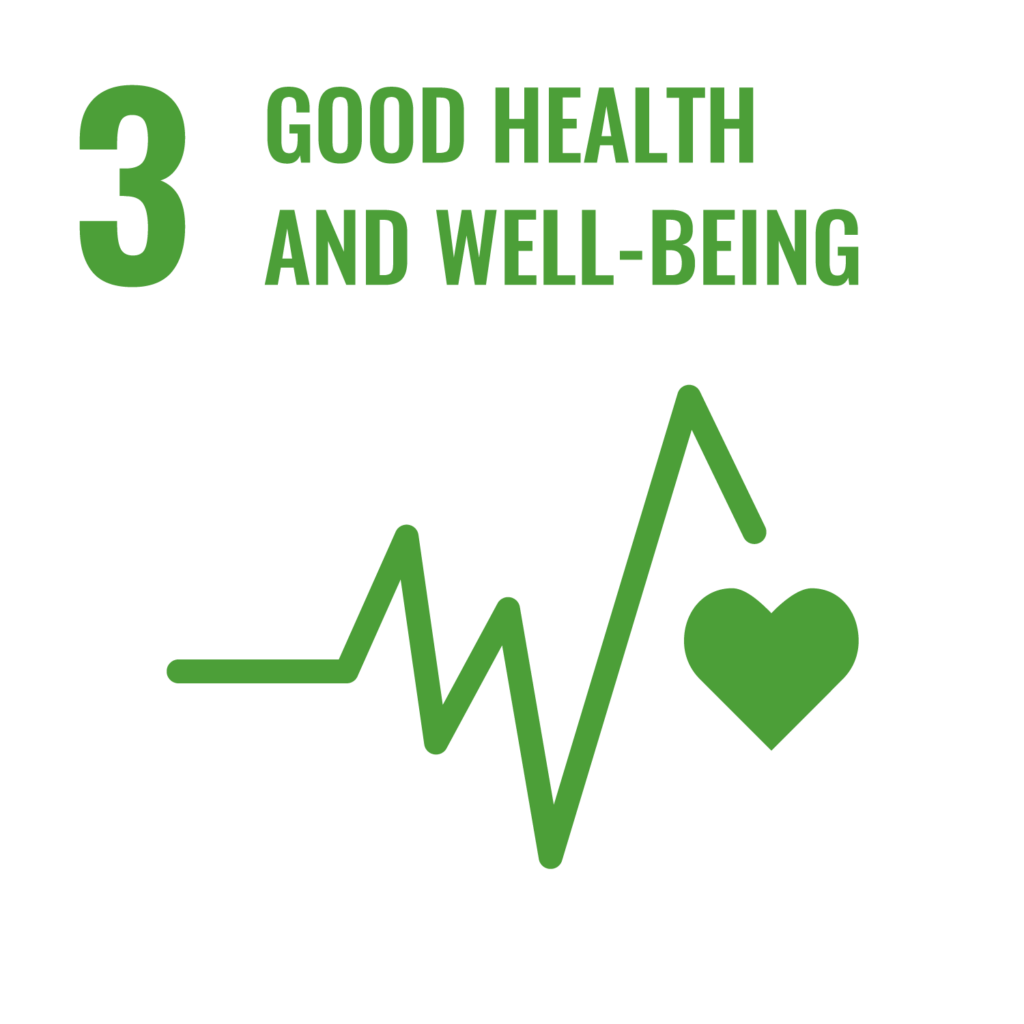Fostering the uptake of RDA indicators in Systems Biomedicine as a measure for model quality and FAIRness within the COMBINE community

Project summary
If computational models are to be applied in biomedicine systems, they must be FAIR. This cross-community project was aiming to reuse the RDA FAIR indicators on simulation experiments in COmputational MOdeling in BIology NEtwork (COMBINE) standards. The project delivered FAIR model indicators with accompanying guidelines and a semi-automatic FAIR evaluation tool to the community.
The project’s results will allow turning research results related to biochemical mechanism in humans and animals into tools that are more suitable for supporting clinical research and practice. The research and innovation activities by the COMBINE solutions can support industry as well as analysis of ecosystems in the seas and on land.
People and organisations
Irina Balaur is a computational biomedicine researcher, with a solid computer science and biomedical engineering research background she has acquired in academy and industry over 10 years in Romania, Ireland (where she obtained her PhD in 2014), France and Luxembourg. Irina has experience in translational projects including the Cardiovascular HeartMed ERA-Net Cofund in Personalised Medicine project, the large-scale IMI eTRIKS translational research project and the Cancer Epigenetics-focused CIESCI ERA-Net Complexity project. She is a coordinator of the ISCB Translational Medicine Informatics community and of the Metabolism Regulation Maps community project. She is also an Editor of the Systems Biology Graphical Notation (SBGN) project. Irina is a Fellow of the IMI FAIRplus project on FAIR principles and RDA indicators, and of the University of Luxembourg Leadership Academy on key leadership principles.
Her areas of expertise include computational modelling of biomedical com- plex systems, large-scale data management (FAIRification, integration, analysis), development of multiscale models in cancer, exploration of the role of epigenetics in cancer, use of machine learning techniques in biomedical networks, use of systems biology standards.
Dagmar Waltemath is a medical informatics researcher with a background in computer science and biomedical data sciences. She obtained her diploma in database and information systems (University of Rostock, Germany) in 2006. Part of her PhD was spent as a Marie Curie intern at the European Bioinformatics Institute in Cambridge (UK) and at Aas (Norway), working on different standardisation projects fostering reproducibility of scientific results in Systems Biology. Dagmar then received funding from the e:Bio program (Germany) to establish a junior research group for works relating to graph databases and semantic data integration; she became an active member of the Computational Modeling in Biology Network (COMBINE) during that time.
Her areas of expertise include semantic data integration, data standardisation in computational biology, graph databases, information retrieval, and data quality assessment in the context of the FAIR data principles.
Twitter: @irinabalaur and @dagmarwaltemath
LinkedIn:
Project outputs
- 15-Jun-2023 Talk on “Having fun reusing computational biology models? – and why not?” at the Workshop on Computational Models in Biology and Medicine 2023, Stuttgart, Germany, June 15-16, 2023
- 19-May-2023 “Lessons learnt from FAIR COMBINE archive project..” at the Open Science Opportunities and Practices in Social Sciences special session, EURINT 2023, Iasi, Romania, May 19-20, 2023
- Draft version of FAIR indicators adapted to COMBINE community
- FAIR Combine automated evaluation – backend
- FAIR Combine automated evaluation – frontend
- FAIR COMBINE Archive Indicators project
- 24-Jul-2023 FAIR biosimulation models – Semi-automated assessment and community feedback, ISMb/ECCB2023, Lyon, 24-27 July 2023
- 1-Jul-2023 Introducing the FAIR model project
- 8-May-2023 Brief presentation at the FAIRDOM User Meeting, May 8, 2023
- 26-Apr-2023 Workshop on FAIR indicators with the COMBINE community at HARMONY 2023
- 16/11/2022 Talk at EOSC Symposium 2022, Nov. 16, 2023 (Prague)
- 11-Oct-2022 Talk at ISCB2022, Oct. 11, 2023 (Berlin)
- 8-Oct-2022 Poster at ISCB2022, Oct 8, 2023 (Berlin)
- 7-Oct-2022 Workshop on FAIR indicators with the COMBINE community
Sustainable development goals


